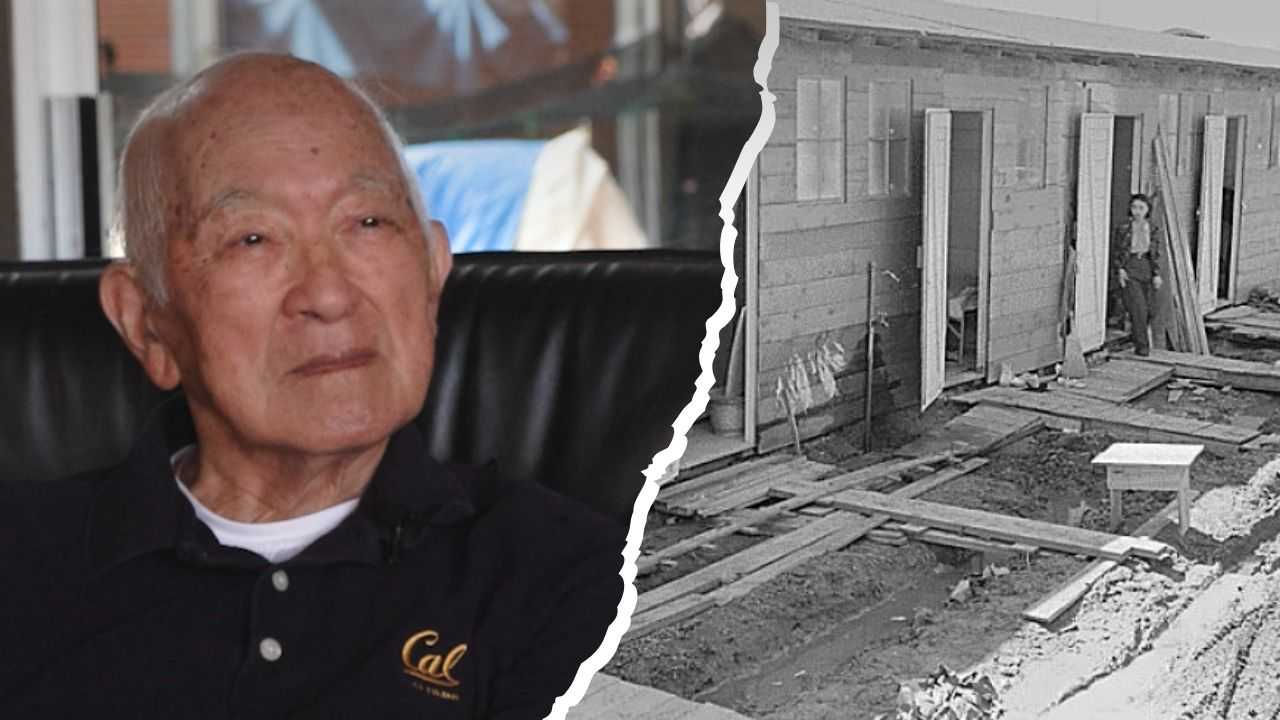URGENT UPDATE: The Ireicho, a powerful record of names documenting over 100,000 individuals of Japanese descent incarcerated during World War II, is currently touring the United States. The traveling exhibition recently made a poignant stop in Palo Alto, California, where descendants of survivors shared emotional reflections on their family’s history and the impact of wartime internment.
Just announced: Jeff Kawaguchi, a resident of Foster City, California, had a deeply moving experience upon seeing his parents’ names in the Ireicho. He described the moment as “spiritual,” stating, “I could feel all of them in the room.” This tour serves as a critical reminder of the lessons learned from history, particularly in light of recent political developments.
The Ireicho’s tour gains urgency following President Donald Trump’s invocation of the Alien Enemies Act of 1798, the same law used to justify the internment of Japanese Americans. Today, this law is being used to support the deportation of immigrants linked to a Venezuelan gang. Legal challenges have temporarily blocked this action, raising concerns about the potential repetition of past injustices.
Among those reflecting at the Ireicho is Eizo Kobayashi, who was just a child during the internment. He vividly recalls the moment his mother informed him of the United States declaring war on Japan. “The expression during that time was, ‘the only good Jap is a dead Jap,'” Kobayashi stated, highlighting the immediate shift in public sentiment. His family’s journey led them from Oakland to Tanforan, an old horse racetrack repurposed as an assembly center, before ultimately being relocated to the Topaz Internment Camp in Utah.
As Kobayashi reflects on his past, he emphasizes the importance of remembering these experiences to prevent history from repeating itself. “I think we’ve got a long ways to go,” he warns. Kawaguchi echoes this sentiment, emphasizing the need to share these stories to ensure such sacrifices and prejudices are never repeated.
The Ireicho is scheduled to return to Northern California in early 2026, with stops planned in San Jose and Sacramento. This ongoing journey highlights the resilience of those affected by internment and the vital importance of acknowledging and learning from this painful chapter in American history.
For more stories from survivors of internment camps and their descendants, click here. Stay tuned for further updates and insights from this impactful exhibition.







































































